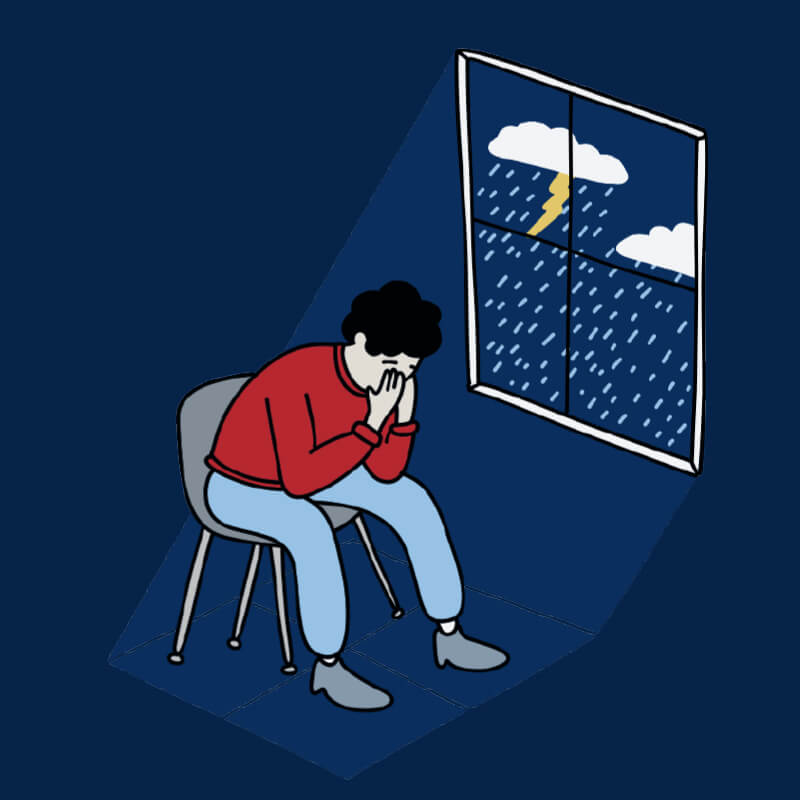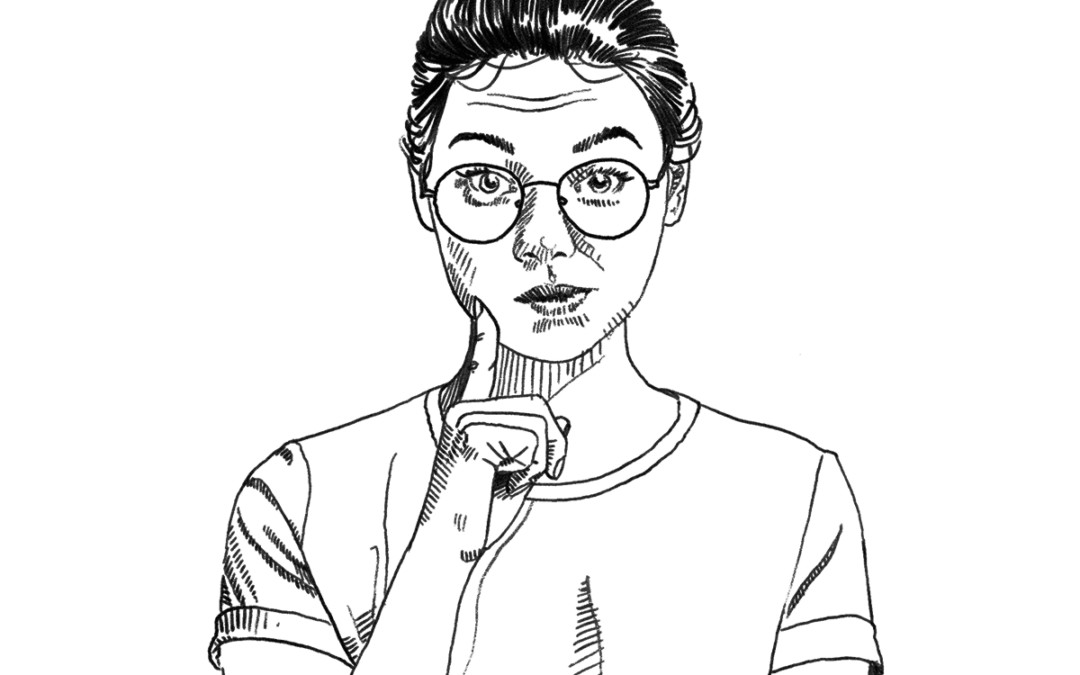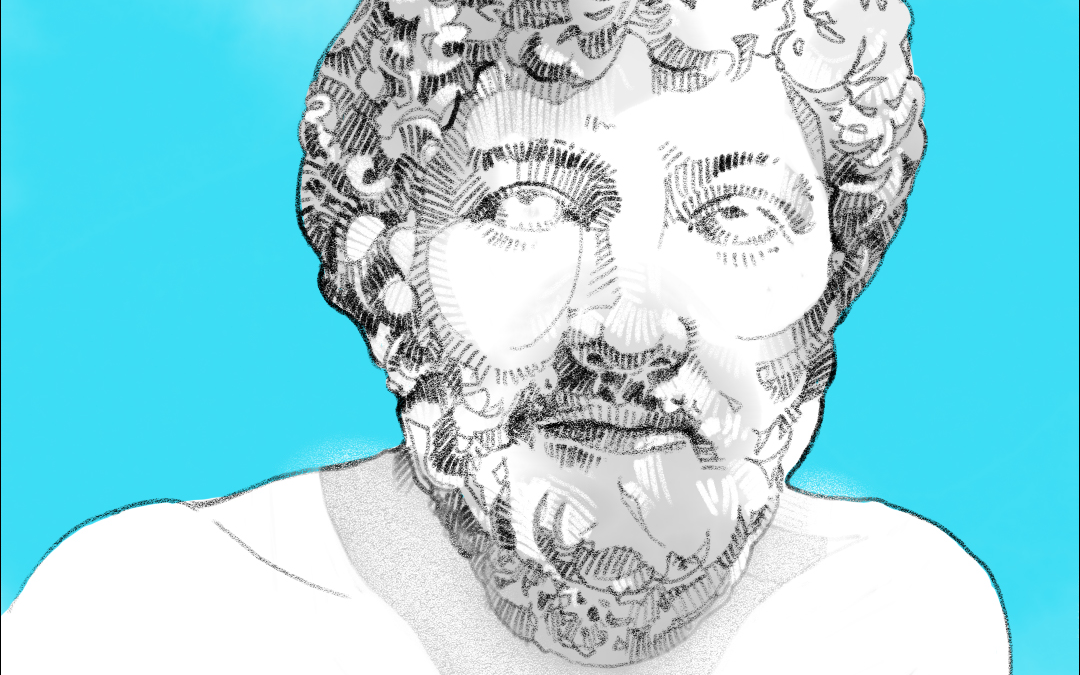The doctor-patient relationship, built on trust and empathy, is fundamental to providing quality healthcare. However, a recent survey we conducted has uncovered a disheartening reality: the current prevalence of patient hostility is having a chilling effect on the way Dermatologists, Endocrinologists, and Primary Care Doctors engage with their patients. This work highlights a normalized disruption in the doctor-patient relationship, what we call “cultural cooling” in medical care.
Through an analysis of survey data collected from 218 American doctors1, we aim in this brief paper to explore the detrimental effects of culture cooling in medical care, shed light on the challenges doctors face, and cover potential implications for pharmaceutical companies.
Patient Hostility
Patient hostility refers to aggressive or disrespectful behavior exhibited by patients towards doctors, encompassing verbal abuse, argumentativeness, threats, and physical assaults.
Our survey results reveal that Dermatologists, Endocrinologists, and Primary Care Doctors practicing in the United States are, on average, experiencing roughly 30 incidents of patient hostility a year, indicating the pervasive nature of this issue.
Primary care doctors bear the greatest burden, with 27% reporting experiencing patient hostility at least once a week or more over the past year. Endocrinologists and dermatologists also face significant challenges, with 9% and 6% reporting, on average, weekly occurrences of patient hostility.
Feeling Unsafe on the Job
% of Physicians Who Felt Unsafe in Their Clinic in the Last Year
The survey data highlights an alarming percentage of doctors who feel unsafe in their clinics. Among all physicians in our survey, 56% report feeling unsafe in their clinic in the past year. Among primary care physicians, an astounding 72% have felt unsafe in their practice because of patient hostility in the past year relative to 49% of dermatologists and 47% of endocrinologists.
% of Physicians Who Felt Unsafe Six or More Times in the Last Year
Routine experiences of patient hostility are likewise a common experience for primary care physicians. Among primary care doctors, 23% expressed feeling unsafe six or more times in the past 12 months. Similarly, 16% of endocrinologists and 10% of dermatologists reported the same disheartening sentiment. These statistics paint a distressing picture of a significant portion of the healthcare workforce experiencing insecurity within their own workplaces.
Threats & Aggression
Findings from the survey unveil the distressing reality of threats and acts of aggression directed at doctors. Among primary care doctors, 69% reported being directly threatened by patients within the past year. Additionally, 41% of endocrinologists and 53% of dermatologists experienced patient threats. Such behavior not only jeopardizes doctors’ emotional well-being but also disrupts the vital doctor-patient relationship, undermining effective healthcare provision.
% of Physicians Who Experienced Threats in the Last Year
%
PCPs
%
Endos
%
Derms
Impacts on Job Satisfaction & Quality of Care
The consequences of patient hostility extend beyond immediate emotional distress. The survey data demonstrates the far-reaching effects on job satisfaction, patient interactions, and overall quality of care.
Diminished Job Satisfaction
% of Physicians Who Agree Patient Hostility Diminishes Job Satisfaction
Patient hostility takes a toll on the well-being and job satisfaction of physicians. Paradoxically, despite experiencing higher levels of patient hostility, primary care physicians are least likely to report that these experiences are affecting their job satisfaction with a report of 47%. This figure rises to a striking 71% among dermatologists and endocrinologists alike. The sustained exposure to hostility erodes passion and enthusiasm, leading to burnout and decreased job performance.
Implications for the Pharmaceutical Industry
Patient hostility within the American healthcare system presents significant challenges for doctors and the provision of high-quality care. It also has implications for the pharmaceutical industry.
Interact to Learn More
Physician Engagement
Patient hostility may hinder effective communication between physicians and pharmaceutical representatives. Emotionally guarded doctors may have limited availability for interactions, hindering the exchange of vital information about new treatments, clinical evidence, and potential benefits for patients.
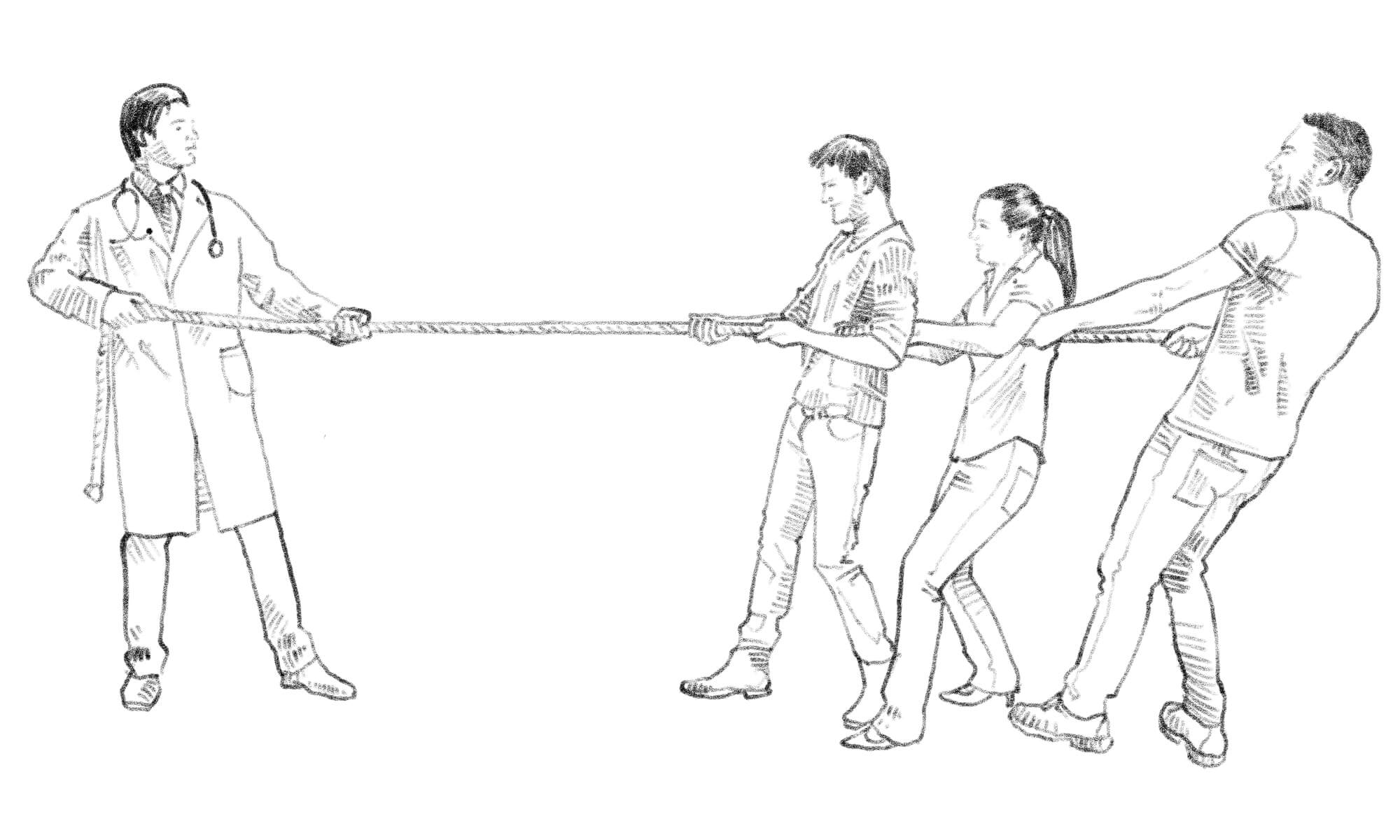

Conclusion
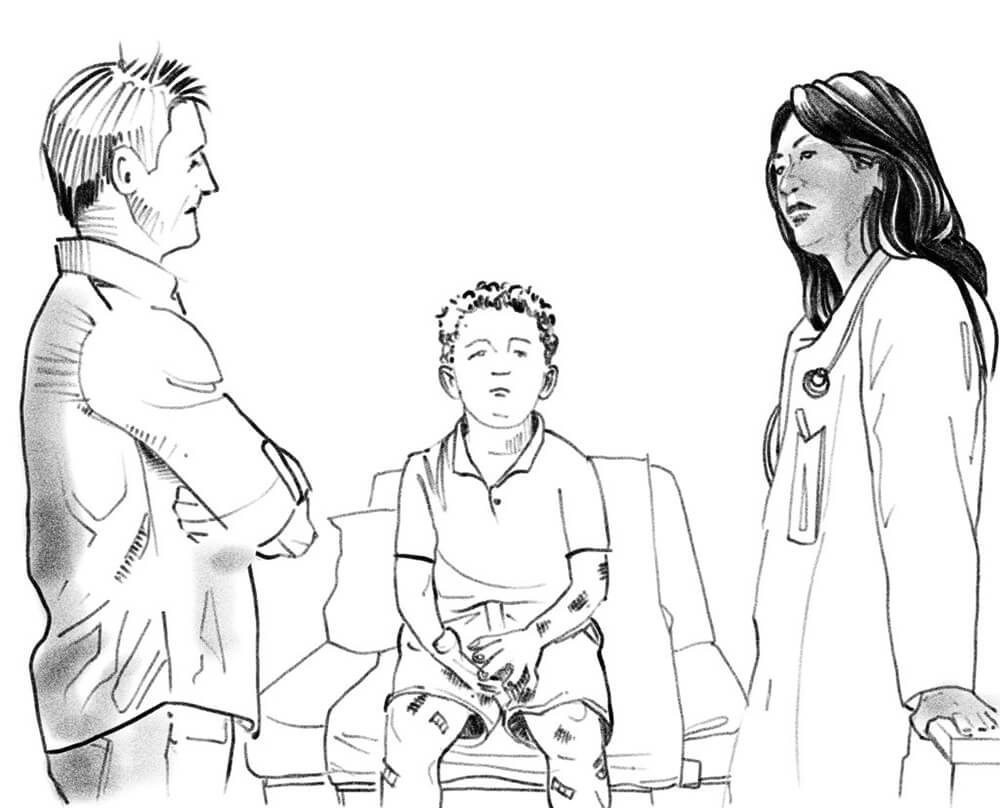
Understanding the phenomenon of patient hostility in American medical care and its cooling effect on the way doctors interact with others is essential for patient well-being and has notable implications for the pharmaceutical industry. By recognizing these implications and taking proactive steps to address patient hostility, pharmaceutical companies can contribute to creating a more supportive healthcare environment. This, in turn, can enhance the doctor-patient relationship and ultimately improve patient outcomes. In the current climate, it is imperative to foster an environment of respect and empathy when engaging with medical doctors, both for their well-being and effective interactions with them.
We are appreciative of Sermo for their valuable partnership in our independent studies. Their RealTime™ platform, with a turnaround time of less than 24 hours, plays a crucial role in our process. We are thankful for their commitment to excellence and dedication to helping us achieve our goals.
1: n=78 PCPs, n=70 Endocrinologist, n=70 Dermatologists



